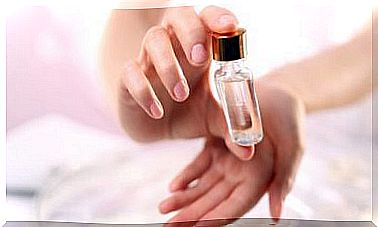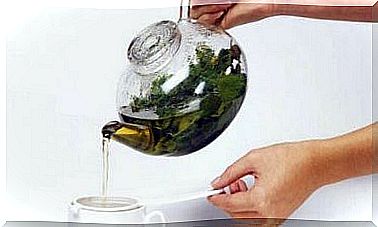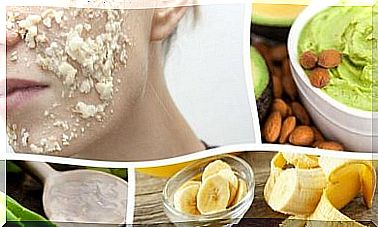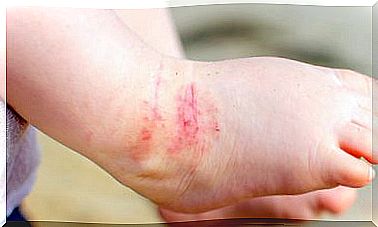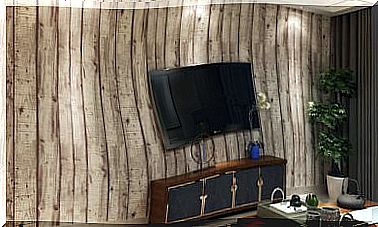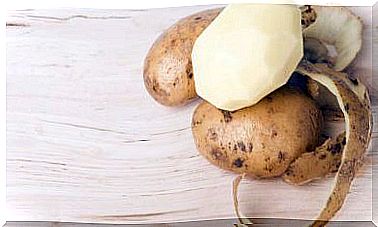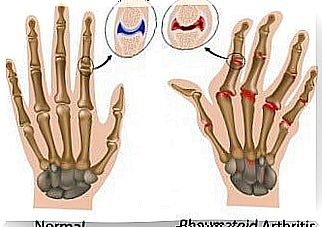Why Our Bodies Itch And How To Avoid Scratching
Have you ever wondered why our bodies itch ? In this article, you will find the answer!
Many times a day, without realizing it, we bring our fingers or nails to different parts of the body, because we have a sensation that only disappears if we scratch ourselves. Don’t worry, it is not a disease or anything similar. What happens is that different processes occur in the dermis that can cause itching.
In the following article, you can learn more about why our bodies itch and how to avoid scratching.
Why does our body itch?
First of all, you have to know that the skin is the largest and most external organ of our body. On average, we have about two square meters of skin and it is directly exposed to different agents.
Like the other internal and external organs, the skin reacts to stimuli from external agents. In other words, the skin “defends itself” when it considers that it is suffering an attack, and this results in itching or itching.
The daily so-called itch is known in scientific terms as itching. This sensation is nothing more than a warning from the skin so that we are attentive and alert because something is happening nearby and can harm us.
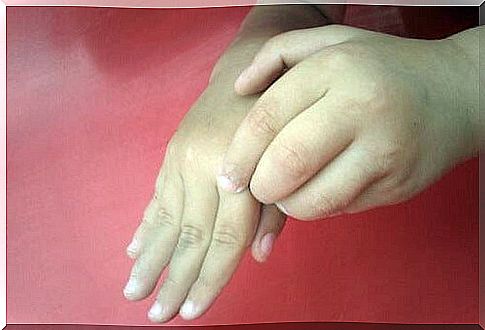
Dust, hair, clothing, an insect, the sun, or even perspiration are things that enter the receptors in the dermis, the outermost layer of the skin. These receptors have the ability to send different messages to the brain through the spinal cord to reach the cerebral cortex, generating the sensation of itching.
Although the itching is mild in most cases, it is necessary to pay attention when the itching is constant, because it may be an allergic reaction. It is also possible that our bodies itch when we feel anxious, nervous or stressed.
What are the disorders that cause itching?
There are different reasons that may be causing itchy skin. Let’s discover them to answer the question why does our body itch?
1. Urticaria
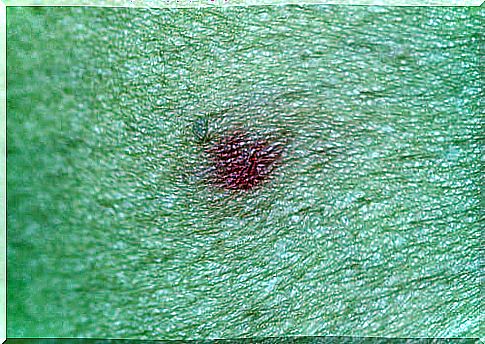
When hives are present, pink bumps appear for a few hours, then appear elsewhere. Mild cases do not last for more than six weeks. We must pay attention to determine if it occurs by any agent, both external and internal, especially drugs or food (chocolates, nuts, eggs, etc.).
2. Insect bite
These bumps characteristic of bites occur because people’s skin is allergic to the saliva of the blood-sucking parasite. In some cases, they get bigger and more annoying than in others. To relieve the stinging of a mosquito, flea, tick or lawn insect bite, for example, it is best to apply ice and not scratch to prevent the area from becoming infected.
3. Vulvar itching
The main cause is candida, a very common fungus in the external part of the genital tract in women between 15 and 45 years of age (fertile stage). It develops in humid places, which is why it also appears in the mouth. To avoid this, you should maintain good hygiene and keep the area dry, in addition to wearing cotton underwear.
4. Itchy eyes
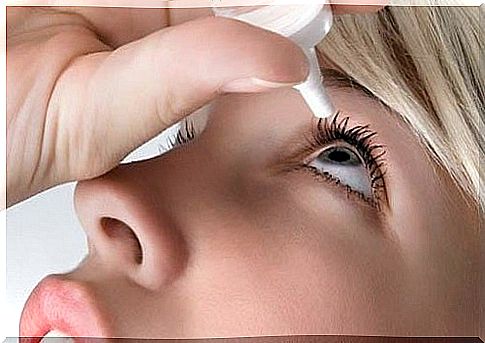
It can be caused by biological factors such as allergies, physical factors such as light, or chemicals such as environmental pollution or the use of an aerosol cleaning product. It affects in the first instance the edge of the eyelid and can cause tearing or redness. It is advisable to wash the eye with cold tea or chamomile soaked in cotton wool or fresh water.
5. Itchy skin in general
It can appear due to the very dry dermis, perspiration, heat, an allergy or a microorganism that is in the environment. It is advisable to take short-term showers with lukewarm water, use neutral soap only in the areas of greatest sweating such as the armpits or genitals, avoid very dry environments or use a humidifier and hydrate the skin with homemade creams.
6. Itching in the head
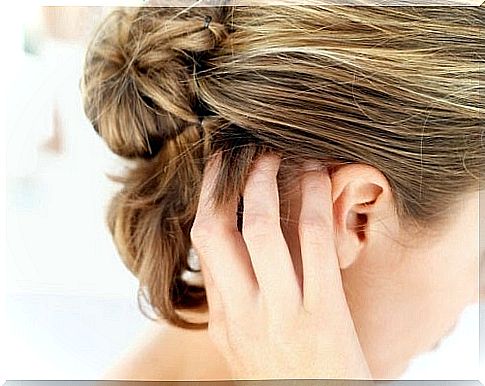
It is produced by different alterations in the dermis of the scalp, such as dandruff or seborrheic dermatitis (pink eczema). It can also be due to the use of very strong shampoo, conditioner or creams.
What happens when we scratch ourselves?
Scratching is an automatic and unconscious reaction, an immediate response by the body to a warning of attack or threat. We do not realize that we are scratching because the only thing that matters to us is to remove the itch or what has irritated our skin.
The feeling of relief from scratching can be instantaneous, because the body is no longer alert and does not send the signals to the brain that indicate that it is necessary to beware of the external agent.
However, it is important to note that scratching can have side effects. For example, stimulate a larger area than the one that was being attacked, spreading the itching to other sides and with it, the itching agents.
On the other hand, scratching can cause skin infections, especially when it comes to insect bites or allergies. This is because the use of nails or fingers on an area that is already irritated, can make the condition worse. Keep in mind that sometimes we can transfer germs from our hands to the irritated area through scratching.
Our recommendation is that you try the temptation to crackle your skin by strong movement against it. It is true that the sensation can be unbearable, but it is interesting to learn how to find the reason for the itch, in order to eliminate or treat it.
